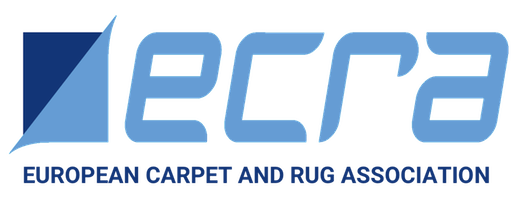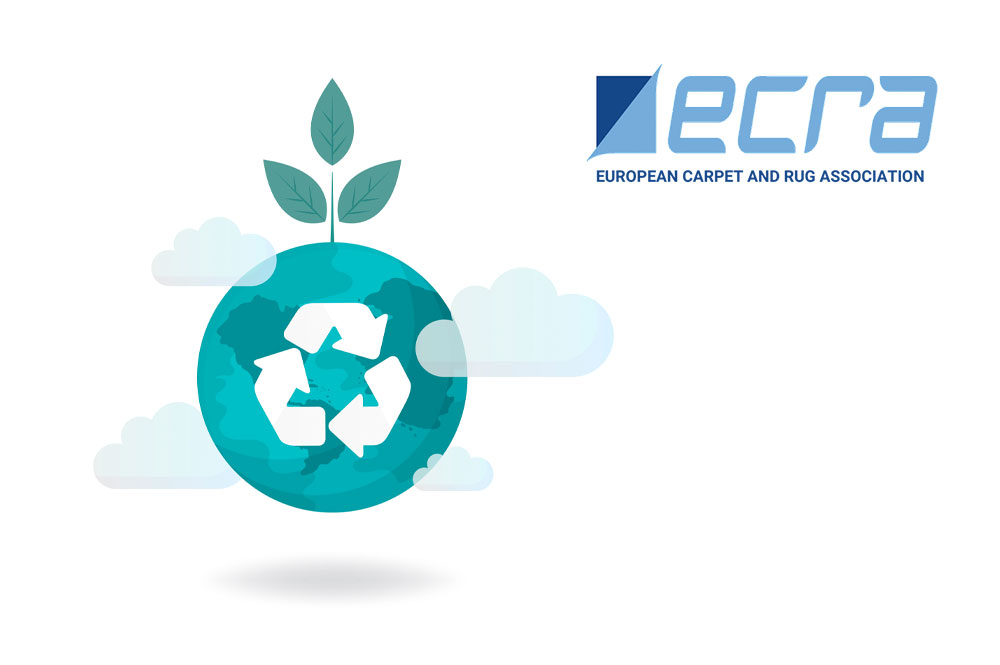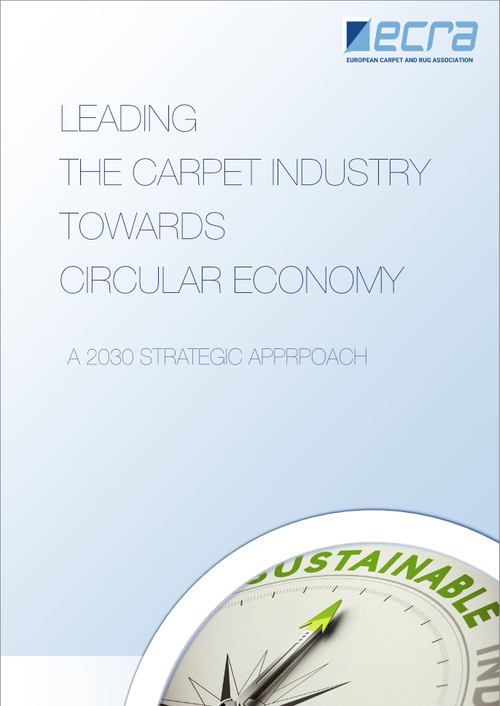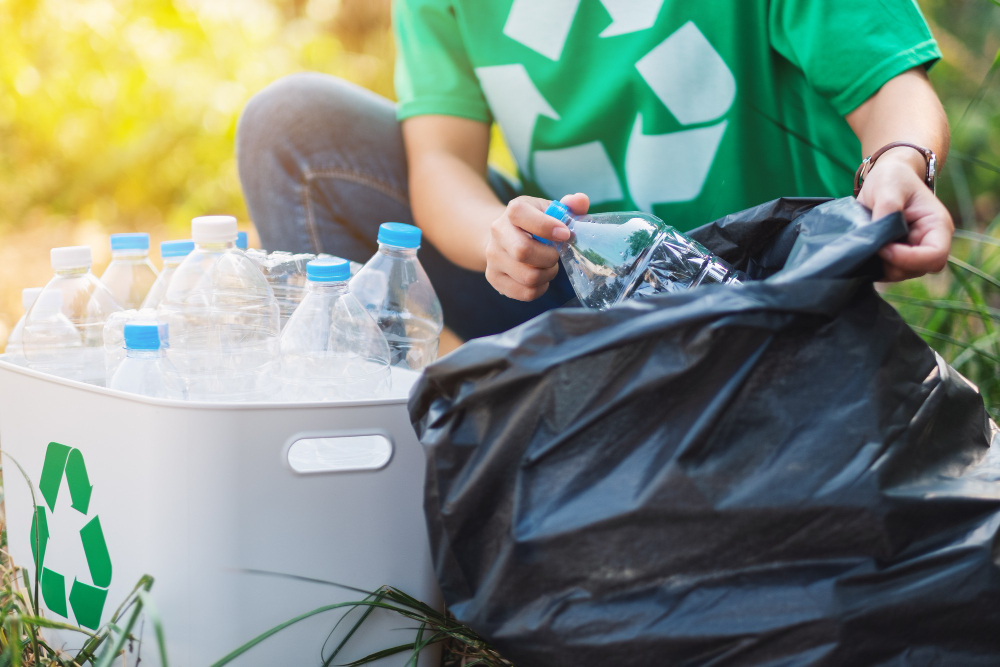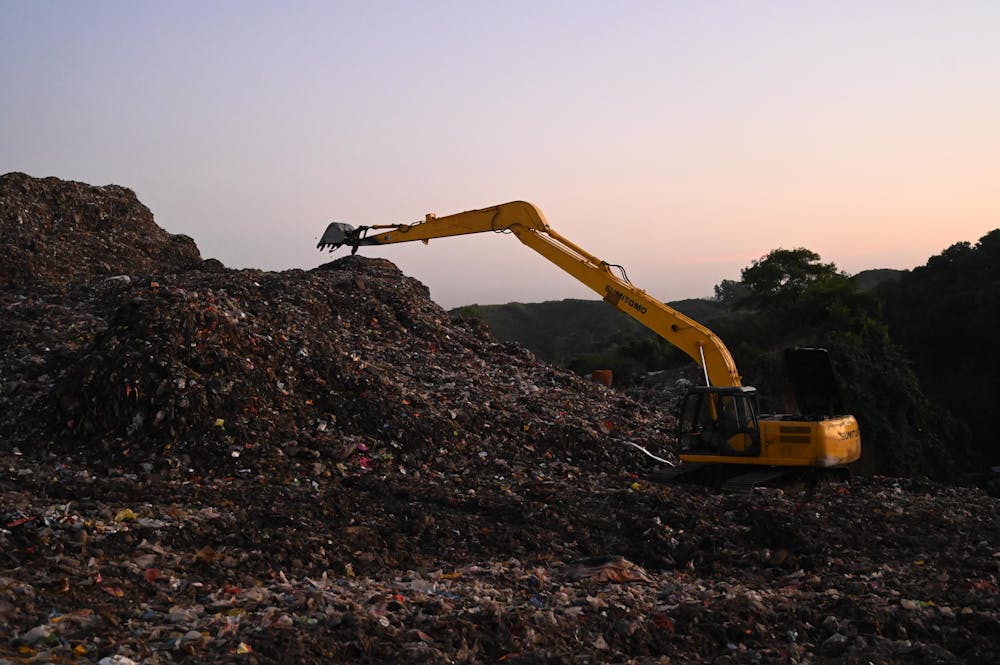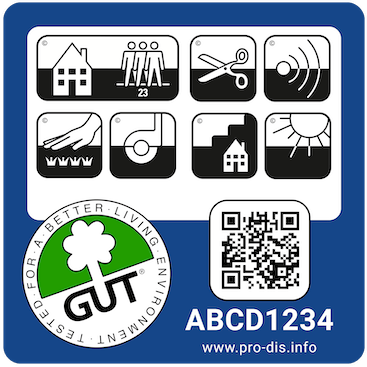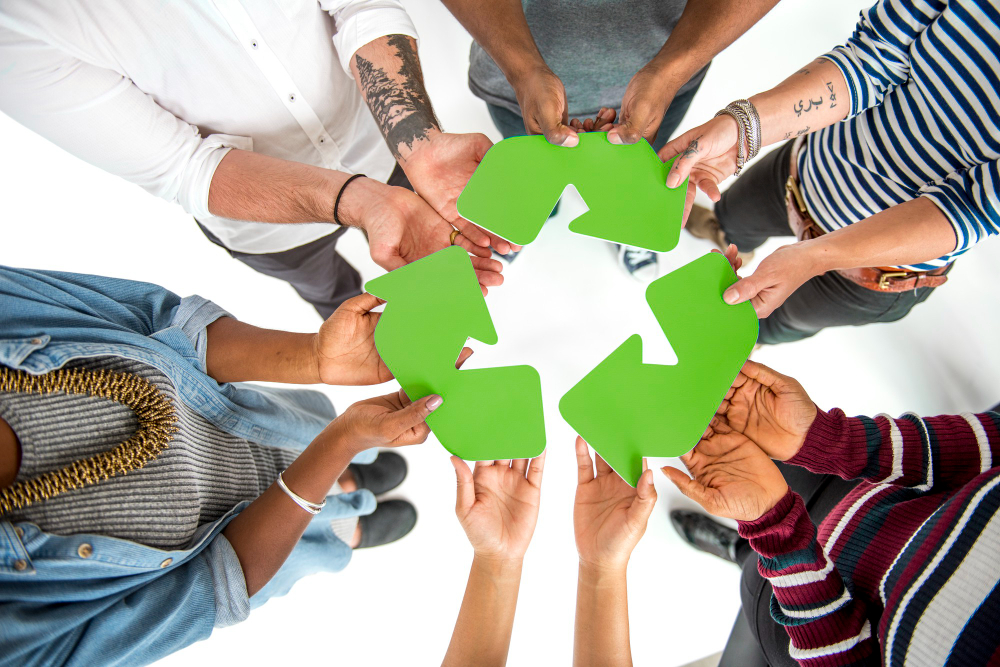Extended Producer Responsibility – Carpets and Textile Floor Coverings
The Carpet Industry Has a European Supply Chain by Excellence and Belongs to a Small Remaining Selected Club of Predominant European Nodes in Contrast to the Rest of the Textile Supply Chain
Extended Product Responsibility is the important key to initiate a change in the value chain and trigger the shift from a linear to a circular economy. But if not integrated in wider strategy its final impact will be limited. The European Circular Economy Action Plan and within it the extension of the scope of the Eco-Design Directive to other product categories the textile strategy and the sustainable product initiative are necessary supporting instruments to achieve a sustainable shift to circular economy and low carbon footprint products. A future EPR scheme cannot be developed isolated from what would be considered under other strategies for coherence complementarity and safeguard of the internal flooring market.
With modulated based fees the costs of the actual collection and treatment incurred could be charged back based upon the company’s market share and/ or size and factored according to eco-modulation of circular economy principles. These principles must be applied to EU made floor coverings and imported floor coverings in the same way to allow for a level playing field. There should not be any discrepancy between collective and individual schemes within the EU and a defined bonus-malus system should be applied based on the technical characteristics of the floorcovering which allow or inhibit circularity.
Deposit return scheme could be part of the overall approach. This could be particularly important for certain type of products to enhance reuse instead of disposal such as event carpet tiles and loose laid rugs and runners. An appropriate cost and benefit analysis would be necessary considering all ecological and economical aspects.
Therefore the question of whether waste exports should be allowed and if so in what circumstances needs to be actively discussed without any prejudice. To reach its full potential a flooring EPR scheme must incorporate a mandatory digital product passport with all relevant information allowing for the appropriate traceability of the product its valuable material content the producer importer/ distributer and retailer. Such a product passport would also allow the good functioning of the scheme including for the modulate fees approach. With the launch of the GUT-PRODIS product passport the foundations for carpets are already laid.
„We Advocate for a Mandatory Digital Passport for All Products Placed on the EU Market“
With the foundation of PolyCertEurope we have together with our partners set the starting point to do this in the most harmonized way on the reporting of recycled content. Similar systems could be helpful when setting up sector specific EPR schemes with modulated fees not only in the flooring sector.
„Closed Loop“ Is Not a Synonym for Circularity. Circularity Needs Flexible Loop.
Download Position Paper
About ECRA – European Carpet and Rug Association
Based in Brussels Belgium ECRA was established in 2004 and represents more than 40 leading carpet producers from six European countries. Together our members account for approximately 90% of European textile wall-to-wall carpet production and 73% of EU consumption. As an international membership association we actively participate in the CEN standardisation work and encourage the exchange of knowledge ideas and experience between our members and stakeholders.
For further Information please contact: hans-peter.breuer@ecra.eu or adil.elmassi@ecra.eu
